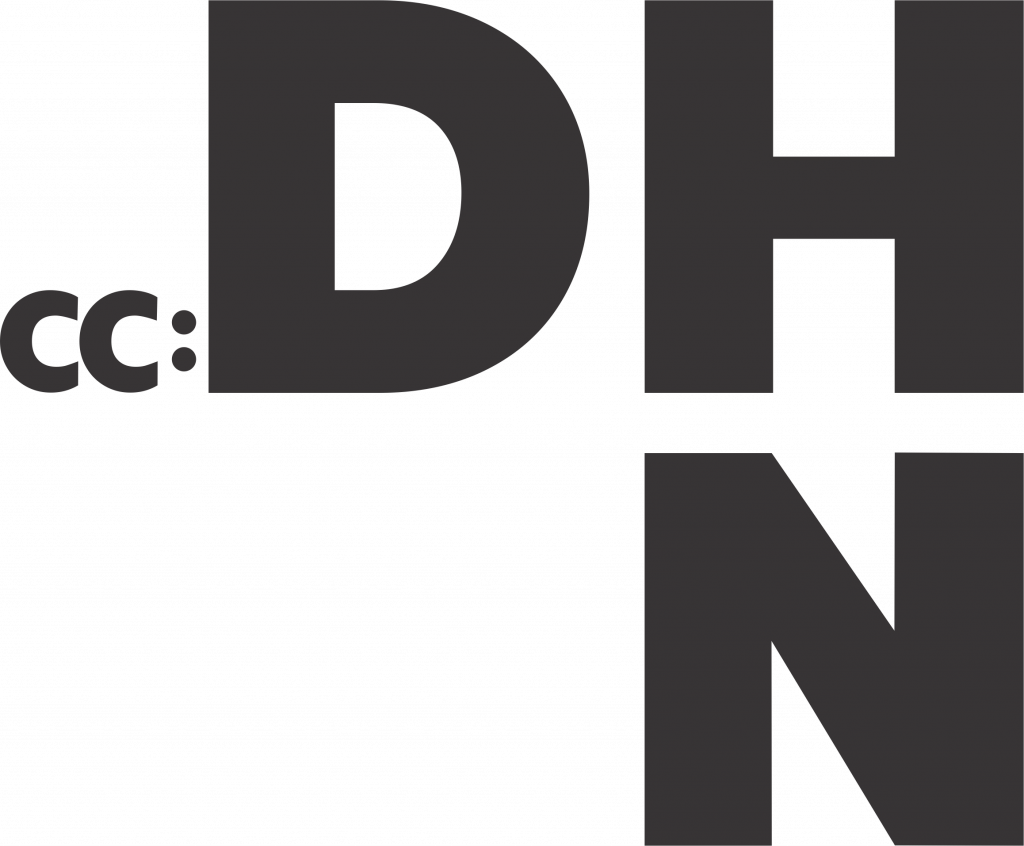
- This event has passed.
Cybersecurity for Humanists
June 3, 2024 – June 7, 2024
Format
in person/face-à-faceUniversity researchers are facing increasingly sophisticated security threats. Cyber security attacks against education and research sectors are growing faster than any other sector. Digital Humanities has brought historical and cultural research to a public audience like never before, thanks in large part to the web. Archives and applications are making rarefied cultural objects available almost anywhere on the globe, but they are also now exposed to risks associated with any online activity. This course will introduce attendees to many security best practices and policies by conducting a holistic risk assessment. We will rely on open standards like those produced by Open Web Application Security Project (OWASP), the US National Institute of Standards and Technology’s Cybersecurity Framework (NIST CSF), and the UK’s National Cyber Security Centre (NCSC) Cyber Essentials tool kit. During the course of the week, we will develop a threat model for your project, lab, or centre. We will work to identify ways to limit your project’s attack surface and generate custom research security policies for you and your collaborators. This session will help you develop a security-first research practice that protects the safety of your data, your researchers, and your research subjects. A security-first research practice helps ensure data integrity for your project in a global political climate that can be antagonistic or even hostile to humanities research.
This is a hands-on course with some lecture components. Consider this offering to be built on by and/or in complement with Race, Social Justice, and DH: Applied Theories and Methods, Intersectional Feminist Digital Humanities: Theoretical, Social, and Material Engagements, DH For Department Chairs and Deans, Introduction to Project Planning and Management for DH: Issues and Approaches, Pedagogy of the Digitally Oppressed: Anti-Colonial DH Critiques & Praxis, and more!
